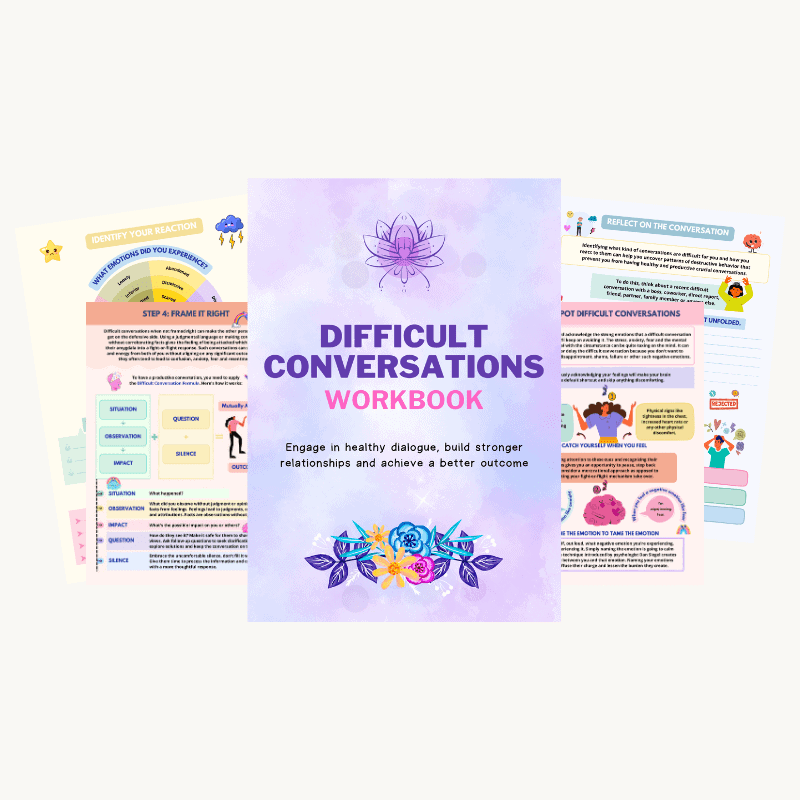6 Rules of Effective Communication in Difficult Conversations
Difficult conversations by nature are tricky. They are touchy topics that no one likes to talk about. They involve addressing differences of opinion, emotional issues, sensitive subjects or other potential reasons of conflict. They are challenging because they require us to navigate through discomfort, uncertainty and a wide range of complex emotions. No matter how hard a conversation is, you can’t put it off or delay it forever. Addressing issues directly, providing clarity and seeking closure can help you gain trust, respect and also alleviate stress.
























